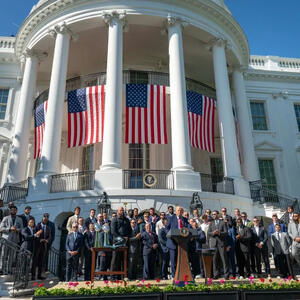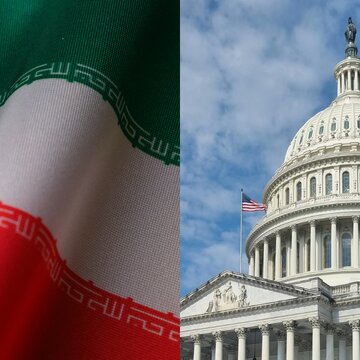It has been 24 years since the world witnessed an act of terror so devastating that it reshaped geopolitics, national security, and human consciousness. On September 11, 2001, suicide attackers hijacked four US passenger planes and nearly killed 3,000 people when they crashed them into two New York skyscrapers. The event is remembered globally as 9/11, which altered international security structures and placed counterterrorism at the core of global diplomacy. 24 years later, after this horrifying incident, the fundamental question remains: Is the world any safer now?
From 9/11 to Pahalgam attack 2025
And almost a quarter of a century, the persistence of terrorism still casts a shadow of doubt. On April 22, 2025, Terrorists opened fire in Baisaran Valley, near Pahalgam, Jammu & Kashmir, killing 26 civilians, a majority of whom were tourists. This attack is considered the deadliest attack on civilians in India since the 2008 Mumbai attacks, also named 26/11. Even though the magnitude was not 9/11-like, the symbolism was unmistakable - terrorism is alive, rewriting lives and politics across continents.
How nations reshaped security after 9/11
Ever since 2001, the world has spent billions on counterterrorism: from the American-led invasion of Afghanistan to international coalitions fighting ISIS, from bolstering homeland defense in the West to South Asia's ongoing struggles with cross-border extremism. Technology has also evolved the battle: AI, satellite surveillance, and money tracking have made it more difficult for groups to plan attacks of the same magnitude as 9/11. Big, well-coordinated plots are fewer and farther between.
The new face of terror
But the Pahalgam attack reveals the challenge has not disappeared; it has changed. Terrorists now prefer soft targets: tourists, bazaars, schools, or religious events, where the shock value is critical though numbers are low. Localised conflicts favor outfits such as Lashkar-e-Taiba and ISIS remnants, while international online propaganda radicalizes recruits.
Operation Sindoor
India's Operation Sindoor, initiated in May 2025 against terror training camps located in Pakistan and Pakistan-Occupied Kashmir, showed how states today retaliate with precision and symbolic power. The same strategies were observed across the world, where states use deterrence in tandem with restraint to prevent uncontrolled escalation.
Safer but not safe
So, has the world been safer since 9/11? In certain respects, yes. The global security architecture is better fortified, and the horror of another 9/11-type attack has been avoided up until now. But "safe" is a relative term. In Paris and in Kabul, in Nairobi and in Pahalgam, the threat evolves and resurfaces, reminding us that terrorism never went away - only evolved.
As we celebrate 24 years since the events of 9/11, the image is clear: we perhaps learned to keep terror in check, but we have not eliminated it. The question remains-will we ever?











